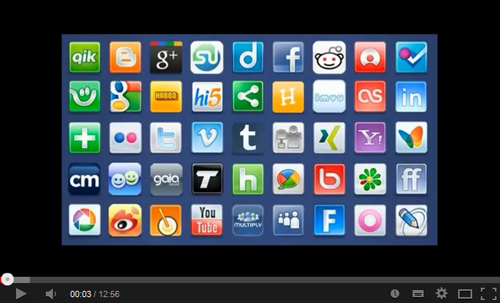Social media in education
According to Vanwynsberghe and Verdegem (2013) there is an increasing requirement within the education sector to enhance the social media literacy of learners . Such information literacy skills need to be integrated into the education of young people in the networked society and are the responsibility of educators in the digital age. In practice the essence of successful (social) media literacy resides in one’s ability to analyse and evaluate media content (Jenkins et al, 2009).
According to Durkee et al, (2009) and Redecker, (2008) in a community of practice, the opportunities for learning through social media will increase as the numbers of students participating increases and so opportunities to exchange ideas, knowledge and experience are enhanced. Participatory cultures in education shift the focus away from individual expression towards community involvement and the development of social skills through collaboration and networking (Jenkins et al, 2009).
Yet it also needs to be acknowledged that learners have individual learning goals, and any course utilising and developing participatory learning methods and skills through social media engagement should ensure that it is designed in such a way that individual needs are also provided for:
Through appropriate course design we can help learners to pursue their ‘selfish interests’ of passing the course, while at the same time adding value to the learning of other students.”
(Mason & Rennie, 2008)
